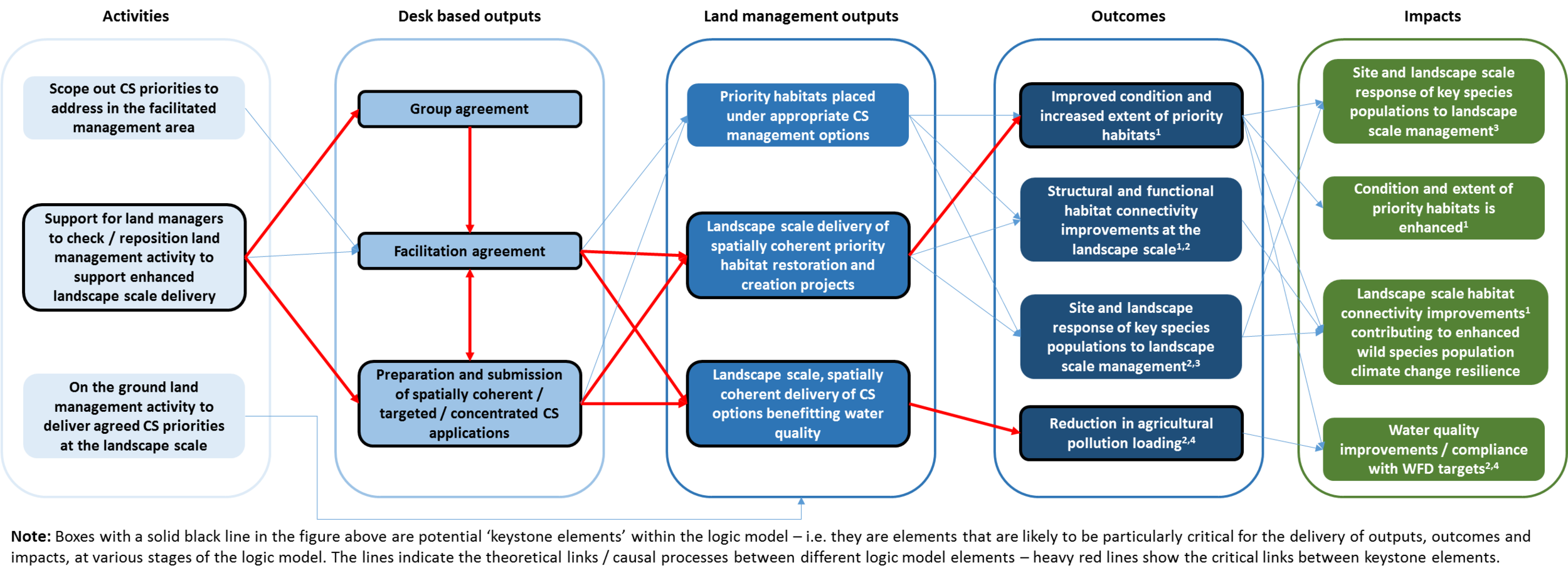CEP is a supplier on the new UK Government Futures Framework
CEP, in partnership with Cranfield University, have been appointed as a supplier to the new ‘Futures Framework’ which is supporting departments and agencies across UK Government in undertaking futures work and developing foresight capabilities.
The framework launched in February 2020 and will last for four years. Through the framework UK Government departments and agencies can access support in relation to:
Understanding emerging trends and developments that could impact policy;
Understanding systemic consequences of policy or strategy;
Exploring underlying drivers and issues in scoping policy or strategy;
Identifying trade-offs and synergies in policy or strategy design;
Determining visions of the future for new areas of policy or strategy;
Use scenarios to test the future resilience of decisions;
Literature and evidence reviews; and,
Designing participatory processes including workshops.
Our partnership with Cranfield University builds on the ongoing successful collaboration to support the European Commission in implementing the European Foresight System for Emerging Environmental Issues (FORENV).
CEP and Cranfield’s collective futures expertise includes:
Conducting foresight and policy research, and developing forward-looking processes (e.g. emerging risk identification, horizon scanning, scenario building);
Designing strategic foresight processes (e.g. scenario building and horizon scanning processes) and toolkits;
Conducting foresight research to support the long-term vision, and strategic orientation of organisations and their policies;
Providing expert assessment of emerging issues and their consequences;
Conducting UK and EU-wide policy/programme evaluations across all stages of the policy cycle; and,
Designing and delivering training and capacity building to public and private sector organisations in the use of strategic foresight processes.
More details of our partnership and a prospectus which sets out the collective expertise CEP and Cranfield are able to offer is available through the Cranfield University website.
Please contact Owen White (Technical Director) for any further information.





